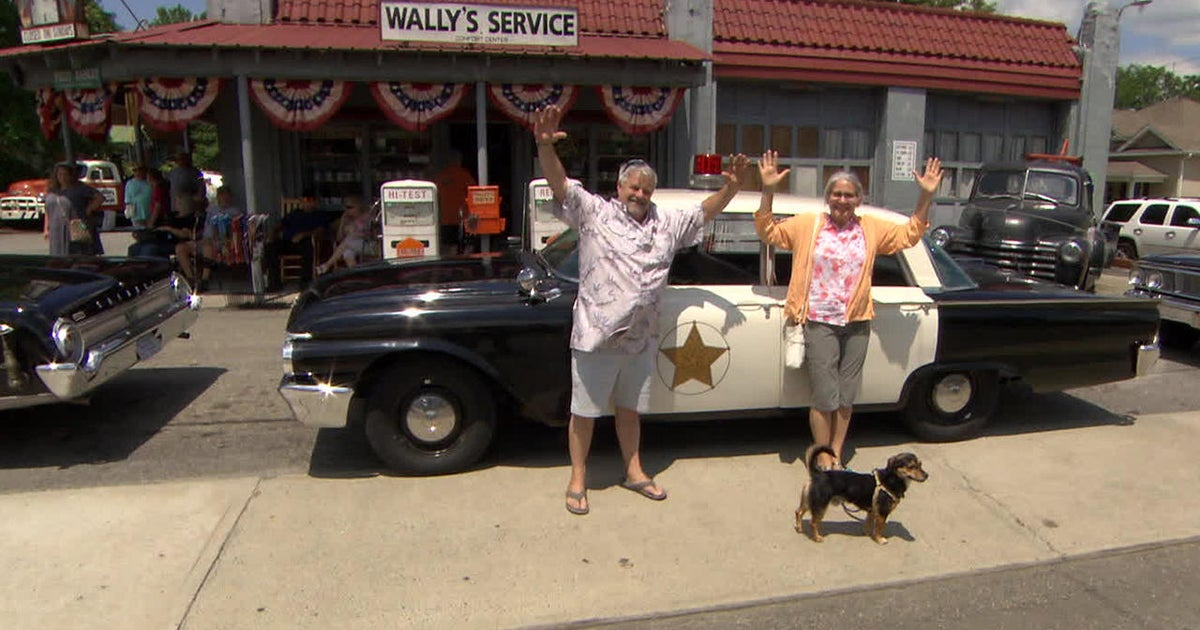
Mayberry – Small Town, Big World
Mayberry, home of The Andy Griffith Show, is more than just a TV setting — it’s a symbol of an ideal American life where people slow down, know each other by name, and genuinely care about each other. In a post-World War II era of rapidly urbanizing America, Mayberry reminds audiences of the simple, essentials.
There’s no major crime in Mayberry, no major social drama — just the small troubles of family, friends, and community. It’s a world where a sheriff (Andy Taylor) doesn’t need a gun to keep order.
Human Communication — No Technology, No Interruptions
In Mayberry, problems are solved through direct, honest dialogue. There are no smartphones, no social media, no distracting media — just conversations on porches, at the police station, or in the town’s small diner.
Andy often chooses to listen, understand, and teach rather than punish. This reflects a humanistic philosophy: patience and kindness can solve almost anything.
Strong moral values
Mayberry operates on the basis of personal faith, community spirit, and kindness. Each character — from naive Opie, to clumsy Barney Fife, to the hard-working Aunt Bee — represents specific values: honesty, tolerance, responsibility.
Despite their flaws and mistakes, the characters are not mocked or demeaned — they are loved and grown through each story. This is a far cry from modern entertainment culture, where comedy often comes from irony or ridicule.
Mayberry and modern nostalgia
Today, when life is fast-paced, stressful, and divided, many people turn to shows like The Andy Griffith Show as a way to “breathe” the air of simplicity and peace. Mayberry becomes a “psychological place” where audiences can take refuge from the chaos and ambiguity of the real world.
The peace of Mayberry lies not in everything being perfect, but in the fact that the chaos can be resolved with human love. That is the timeless message that the film leaves behind.
Conclusion: Can we bring back Mayberry?
Mayberry may be fictional, but the values it celebrates are very real: kindness, patience, and faith in humanity. Although times have changed, audiences can still learn to slow down, care more about others, and create their own “Mayberry” — even if only in a small corner of their daily lives.

